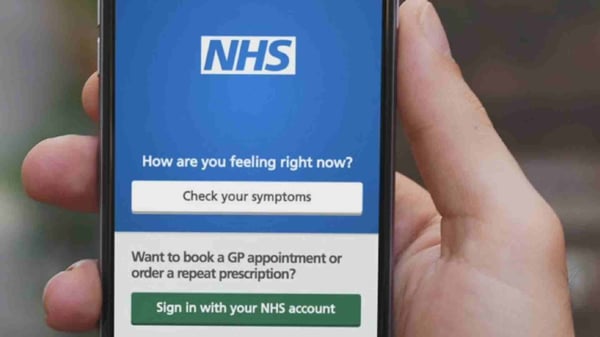NHS Digital delays 55 million patient record database until September
NHS Digital has announced that its plans to create a new database of 55 million patient records - the General Practice Data for Planning and Research (GPDPR) - will be been pushed out to September to "provide more time to speak with patients, doctors, health charities and others".
NHS Digital is the national custodian for health and care data in England and has responsibility for standardising, collecting, analysing, publishing and sharing data and information from across the health and social care system, including general practice.
NHS Digital collected patient data from general practices using a service called the General Practice Extraction Service (GPES), which has operated for over 10 years and is now set to be replaced by GPDPR.
The new approach to collect data from GPs aims to "support processes that manage and enable lawful access to patient data to improve health and social care" - but has been met with some opposition
To provide more time to speak with patients, doctors, health charities and others to strengthen the plan even further, the collection of GP data for Planning and Research in England has been deferred from 1 July to 1 September 2021
 "We intend to use the next two months to speak with patients, doctors, health charities and others to strengthen the plan even further," confirmed Simon Bolton, CEO NHS Digital.
"We intend to use the next two months to speak with patients, doctors, health charities and others to strengthen the plan even further," confirmed Simon Bolton, CEO NHS Digital.
"Data saves lives and has huge potential to rapidly improve care and outcomes, as the response to the COVID-19 pandemic has shown. The vaccine rollout could not have been delivered without effective use of data to ensure it reached the whole population," states Bolton. "We are absolutely determined to take people with us on this mission. We take our responsibility to safeguard the data we hold incredibly seriously."
The new programme for collecting data has been developed in collaboration with doctors, patients, and experts in data, privacy and ethics. Throughout this process NHS Digital has committed to being transparent with patients and the public about the collection and use of data.
It has consulted throughout with the representatives of the GP profession, the BMA and the Royal College of General Practitioners, (RCGP) and listened to their concerns, sharing their desire to ensure the public and patients are able to make an informed decision about how their data is used. The Office of the National Data Guardian has been involved since 2018 in system-wide discussions about how the new GP data collection can meet these expectations so that trust is maintained.
Under the system entire GP records will not be collected. All the data which is collected is protected - or 'pseudonymised' - before it leaves the GP surgery to ensure patients cannot be directly identified from the data while still enabling it to be safely linked to other records.
Data can only be accessed by organisations which will legitimately use the data for healthcare planning and research purposes, and they will only get the specific data that is required. All requests are subject to independent oversight and scrutiny, and audits are conducted to ensure it is being used for the purpose it was requested for.
But it is important patients who would rather opt out of sharing their data for planning and research purposes still have the right to do so through the National Data Opt Out and this will allow them more time to make this decision.
A statement issued by the National Data Guardian confirmed that public attitudes research demonstrates that patients and service users are supportive of health and care data being used if certain expectations are met, including that it delivers a public benefit, that it is made clear to them what will and will not be done with the data, and what choices people have about its use. People also want to know that robust cyber security arrangements are in place to keep confidential data about them safe.



